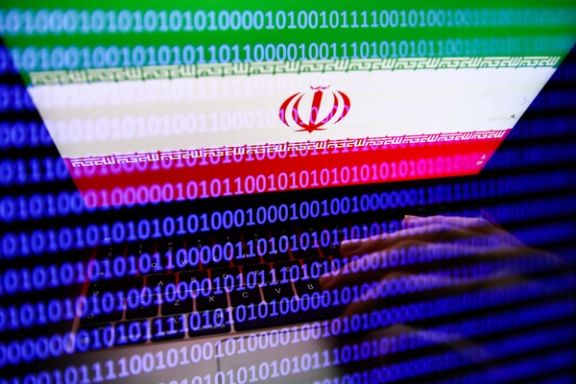Israel arrests three over alleged Iranian espionage ties

On Tuesday, Israel charged one man and detained two others for espionage on behalf of Iran, according to the Shin Bet security service.

On Tuesday, Israel charged one man and detained two others for espionage on behalf of Iran, according to the Shin Bet security service.
The suspect, identified as Elimelech Stern, a 21-year-old from Beit Shemesh, a religious area outside Jerusalem ,was approached via the Telegram messaging app by an individual using the alias "Anna Elena."
He had been solicited to commit murder and arson. According to The Jerusalem Post, Stern was also instructed to perform various tasks, such as posting notices in Tel Aviv, depositing money at specific locations in Jerusalem and Tel Aviv, and delivering packages containing menacing items, including a severed animal head or a doll with a knife and a threatening note.
Stern agreed to execute the tasks other than murder and starting a forest fire.
The investigation revealed that Iranian intelligence continues to use social media to contact and recruit individuals, employing fictitious profiles to conceal their identities.
Platforms such as Instagram, Telegram, WhatsApp, Facebook, and X have all been utilized for these covert approaches, which are conducted in multiple languages, including Hebrew and English.
In recent months, Israeli media has reported the identification and monitoring of numerous fake profiles operated by Iranian security agencies. Extensive intelligence has been gathered on the entities orchestrating these operations, revealing their attempts to recruit individuals through social media and job listing websites.
The incident follows a similar case last year in which two Israelis were acquitted of espionage charges for Iran while a third was convicted of a related offense. The case initially involved serious accusations against five individuals with personal or familial connections to Iran.
Last year, Iran used a group of women trained to speak Hebrew to send sexually explicit images to Israeli soldiers in a bid to honey trap them and extort information.
Trained by the Islamic Revolutionary Guards Corps (IRGC), they contacted the soldiers over social media, sending them explicit videos and photos to gain information.
Iran has long been a staunch supporter of Hamas, which has been embroiled in its most prolonged conflict with Israel since seizing control of Gaza in a violent coup in 2007.
Tehran has consistently supplied the militant group with financial assistance, weaponry, and training. This support includes the provision of advanced rockets, sophisticated military equipment, and technical expertise, all aimed at bolstering Hamas's capabilities in its ongoing conflict with its longstanding adversary.
On April 13, Iran itself launched missile and drone strikes on Israel, following an alleged Israeli airstrike in Damascus that resulted in the deaths of several senior officers of the Islamic Revolutionary Guard Corps.
Although Iran’s strike was largely neutralized with the assistance of the United States and other allies, it represented a significant escalation in the shadow war between the two archenemies.